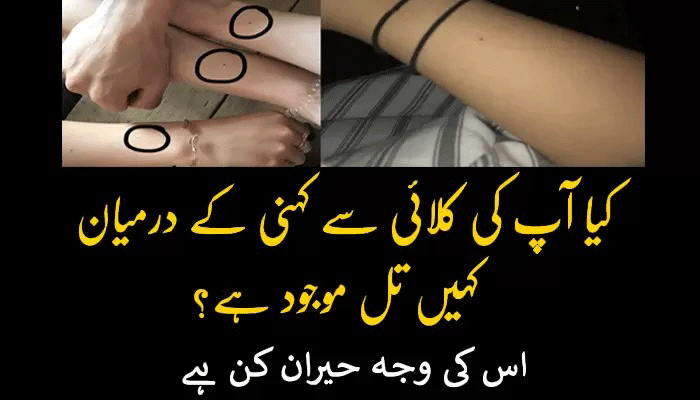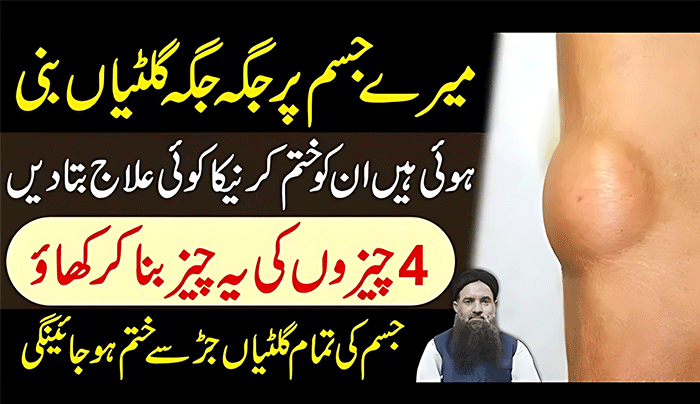
Cancer is a tough disease, but finding it early makes a big difference. The impact of cancer on the body is serious, especially in later stages. It’s important to know the signs, even though they might seem like common issues. This article explores 12 early signs and symptoms of cancer, encouraging readers to pay attention and see a doctor if needed.
Understanding these signs is crucial for catching cancer early and getting the right treatment. We’ll break down these warning signs to help you stay aware and take action when it matters most. In a world where knowing about these signs can be a powerful tool, arming yourself with this information is key to a healthier future.
Cancer Treatment (Urdu Video)
Difficulty in Urination:
If persistent difficulty or blood in urine occurs, it could be indicative of bladder cancer. Often, noticeable symptoms of bladder cancer surface when the disease is in its advanced stages.
Visible Changes in the Skin:
Individuals over 50 are more susceptible to skin cancer, with men facing a double risk compared to women. Skin cancer, prevalent in sun-exposed areas, manifests as dark spots, moles, or lesions that evolve.
Mouth Sores or Pain:
Mouth sores or persistent pain, especially when unresponsive to treatment, could signal oral or throat cancer. Smokers are at a higher risk, emphasizing the importance of timely consultation.
Chronic Cough:
A persistent cough lasting three weeks or more, without accompanying fever or allergies, may be an early sign of lung cancer. Smokers should be particularly cautious, as lung cancer often goes undetected until advanced stages.
Blood in Stool:
Rectal bleeding is a concerning sign that could be linked to colorectal cancer. Any unexplained presence of blood in the stool demands immediate attention and thorough examination.
Difficulty Swallowing:
Chronic discomfort or difficulty in swallowing might be an early sign of esophageal, stomach, or throat cancer. Consultation with a healthcare professional is imperative to rule out any serious underlying conditions.
Unexplained Weight Loss:
Losing weight without a clear cause can be alarming. While it may not always indicate cancer, it could be associated with gastrointestinal, liver, or blood cancers. Seeking medical advice is crucial for accurate diagnosis.
Chronic Fatigue:
While fatigue is a common experience, persistent and unexplained fatigue lasting for weeks may be a sign of various cancers. It is essential to rule out any potential health issues, including blood-related cancers.
Persistent Itching:
Constant itching, especially in areas not typically affected, might be a symptom of skin cancer or lymphoma. Regular skin checks and prompt consultation with a dermatologist are crucial for early detection.
Frequent Infections:
If recurrent fevers or infections become a pattern, it might be an indication of leukemia. Leukemia affects the white blood cells, compromising the body’s ability to fight infections.
Difficulty Breathing:
Breathlessness or shortness of breath, unrelated to exercise or pre-existing conditions, can be an early sign of lung or bronchial cancer. Smokers or individuals with prolonged exposure to pollutants should be especially vigilant.
Severe Headaches:
Sudden, persistent headaches, particularly if they differ from regular headaches, may be linked to brain tumors. Immediate consultation with a healthcare professional is essential for accurate diagnosis and timely intervention.
FAQs:
Q1: Can Cancer be Prevented Through a Healthy Lifestyle?
A1: While a healthy lifestyle significantly reduces the risk of cancer, it cannot guarantee prevention entirely. Regular exercise, a balanced diet, limited alcohol consumption, and avoiding tobacco can contribute to overall well-being, but genetic factors and other unknown variables also play a role in cancer development.
Q2: Are Routine Screenings Essential for Early Cancer Detection?
A2: Yes, routine screenings, such as mammograms, colonoscopies, and skin checks, are vital for early cancer detection, even in the absence of noticeable symptoms. These screenings can identify abnormalities before symptoms manifest, improving the chances of successful treatment.
Q3: Are There Different Types of Skin Cancer?
A3: Yes, skin cancer comes in various forms. The three main types are basal cell carcinoma, squamous cell carcinoma, and melanoma. Each type has distinct characteristics and requires different approaches to diagnosis and treatment.
Q4: Is Age a Significant Factor in Cancer Risk?
A4: Yes, age is a notable factor in cancer risk. Many types of cancer become more prevalent with advancing age. Regular health check-ups and screenings become even more crucial as individuals age to catch potential issues early when they are more treatable.
Q5: Can Emotional and Mental Well-being Impact Cancer Risk?
A5: Emerging research suggests a link between emotional and mental well-being and cancer risk. Chronic stress and unresolved emotional issues may contribute to an increased risk of certain cancers. Managing stress, prioritizing mental health, and seeking support when needed are integral components of holistic cancer prevention.
In conclusion, understanding these early signs and symptoms of cancer is crucial for timely detection and intervention. Regular health check-ups, a healthy lifestyle, and prompt medical attention when symptoms arise contribute to a proactive approach to the fight against cancer. Remember, early detection can make all the difference in successfully combating this formidable disease. Stay informed, stay vigilant, and prioritize your health.






